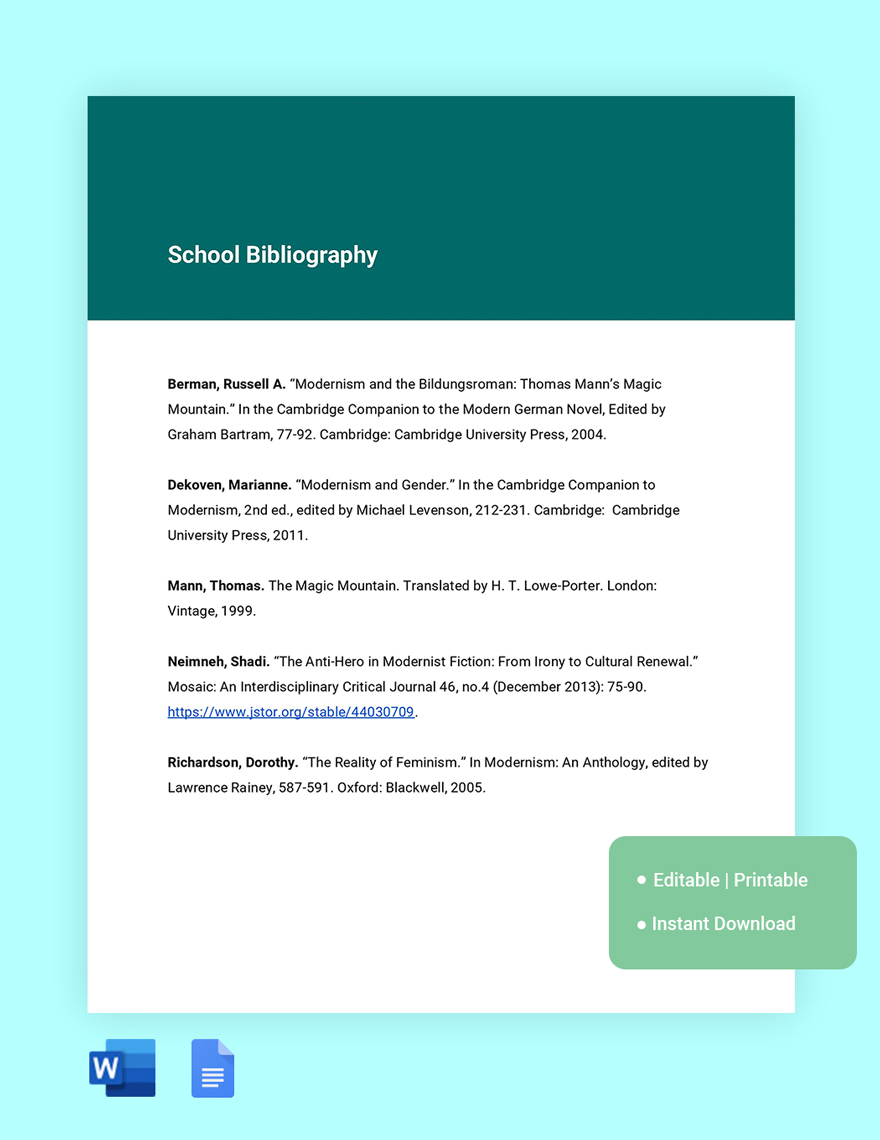

Have an existing PDF library you’re working with? Paperpile can automatically grab all of your data from Mendeley, Zotero, Papers, or Endnote – whether it’s synced online or not. Organize your papers in a modern user interface and store your files in Google drive When you add a paper to your library, it is stored on your Google Drive and can be shared with anyone, even if they don’t have a Paperpile account. Paperpile offers a new way to manage citations in your collaborative documents. This means that any notes or annotations are completely lost to other team members. To complicate matters, the referenced PDFs are usually stored on one or more collaborator’s hard drive. Often, it takes a back seat to other parts of the proposal process and is only addressed when a proposal or paper is otherwise complete. No one particularly likes being in charge of academic referencing. I wanted to take a moment to talk about how some of those upgrades help tame a particularly irksome element of the proposal process: reference management.

Google Docs has evolved over the years to become an even better platform for scientists – new features and add-ons make it a very robust solution. Compared to emailing countless versions back and forth between collaborators, Google Docs keeps all your changes and comments up-to-date and in one place. Tedious tasks like writing a research proposal suddenly become manageable when completed online. Her verdict was that the final product turned out much better (and was accomplished much faster) than if they team had used conventional tools like Word and email.īy now, you’re probably familiar with how much of a game-changer Google Docs and other collaborative writing platforms can be for research groups.

Isabel Little is the Marketing & Community Manager Paperpile and a Masters candidate in Learning & Technology the University of Oxford.Ī while back, Kelle shared her experiences with writing collaborative proposals in Google Docs.


 0 kommentar(er)
0 kommentar(er)
